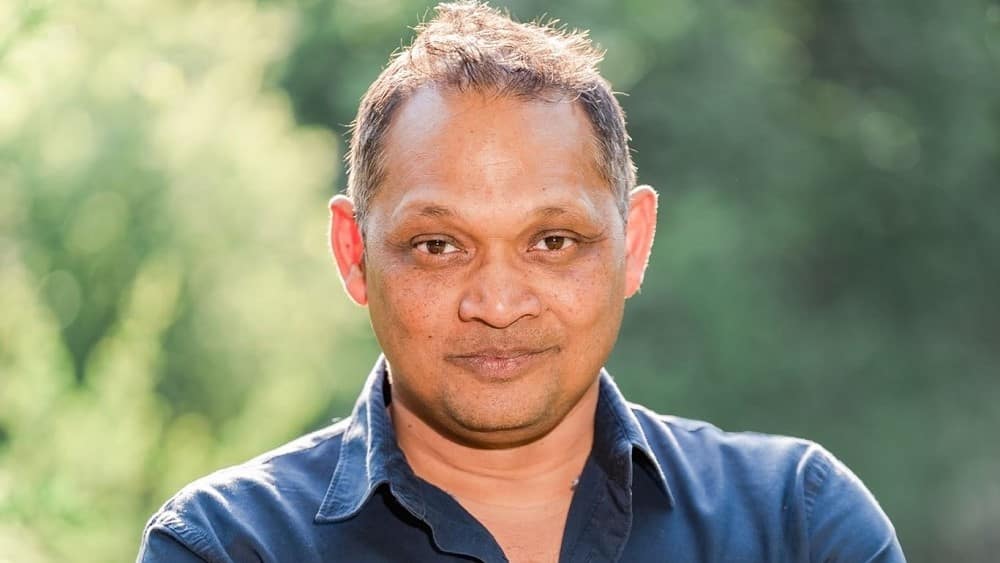Professor Herman Singh has been appointed as an independent non-executive director of the African Bank. His appointment was with effect from 21 December 2021.
“We are extremely excited about Herman’s appointment as a non-executive director,” said Thabo Dloti, the Chairman of the African Bank Board.
“His passion for technology and digital evolution together with his strong business and finance experience will add immense value to the Board and its committees.”
Singh holds a Degree in Engineering from the University of Witwatersrand (Wits), a Post Graduate qualification in Industrial Engineering and a Master of Business Administration (MBA).
He served as an external examiner and facilitator on Wits Business School’s MBA, Non-Degree and in-company programmes for 13 years.
He continues to serve as an adjunct Professor at the University of Cape Town Graduate School of Business and as Professor in Practice at Johannesburg Business School.
His diverse professional experience ranges from business, technology, digital and leadership.
Singh is currently the Chief Executive Officer of Future Advisory Consulting, his own firm specialising in digital transformation and startup acceleration.
Previously, Singh also held various senior management roles with Vodafone, MTN and Standard Bank.
Also read: Follow The Money, Follow The Data
INa world prioritising agility and speed to market, businesses today are challenged in balancing doing it fast, doing it well, and doing it securely.
In trying to innovate there is huge pressure on businesses to be agile, but with that comes a risk that because we move so fast we will make mistakes. The motto ‘move fast and break things’, attributed to Facebook founder Mark Zuckerberg, is not what most organisations want to do.
By using DDDM – data driven decision making, organisations need to be using observability tools and extracting meaning, going from data, to information, to knowledge, to wisdom.
Historically, most of the data we used was descriptive and gave us information in hindsight, which is helpful because it tells you what went wrong. But we also want insight to understand why it went wrong, as well as foresight which allows us to predict what might go wrong in future. We need to move from historical to current and on to predictive, preventative, and prescriptive.
